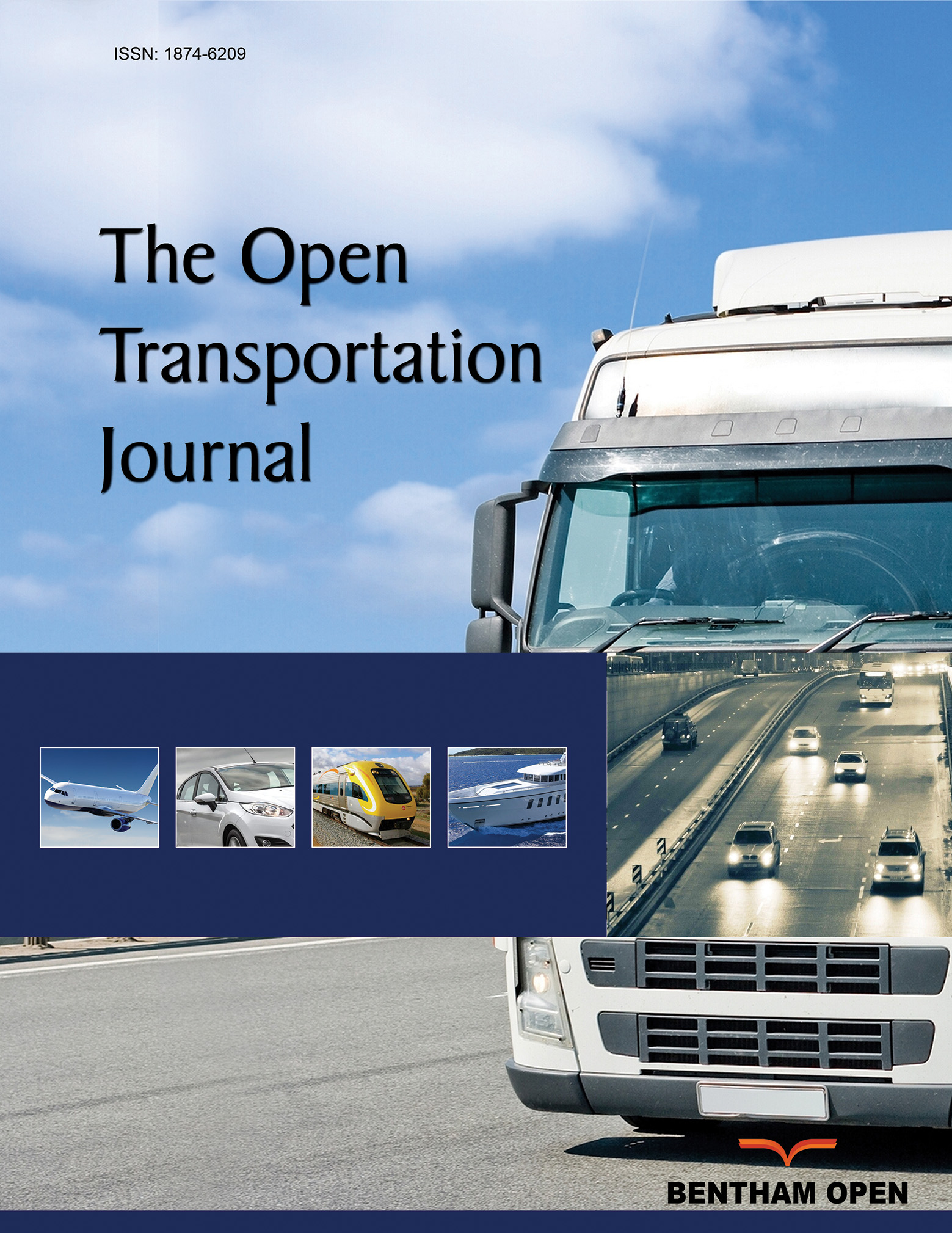All published articles of this journal are available on ScienceDirect.
Evaluating Sustainable Transport Indicators for Metropolitan Areas in Developing Countries: The Case of Greater Jakarta
Abstract
Background:
Sustainable transport is fundamental to progress in realising the agenda of sustainable development, as a quarter of energy-related global greenhouse gas emissions come from the transport sector. In developing countries, metropolitan areas have adopted the agenda to better serve the urban population with safe, affordable, and environmentally-friendly transport systems. However, this drive must include relevant indicators and how their operationalisation can deal with institutional barriers, such as challenges to cross-sectoral coordination.
Objective:
This study aims to explore context-specific indicators for developing countries, focusing on the case of the Jakarta metropolitan area.
Methods:
Expert judgement was used to assess the selection criteria. The participants were experts from government institutions, non-government organisations, and universities.
Results:
The findings show that safety, public transport quality, transport cost, air pollution, and accessibility are contextual indicators for application in developing countries. Similarities are shown with the research results from other indexes/sets of indicators for developing countries, for example, the Sustainable Urban Transport Index (SUTI) of UN ESCAP. However, some of these indicators leave room for improvement, such as the balance between strategic and operational levels of application.
Conclusion:
Therefore, this research suggests that global sets of indicators should be adjusted before being implemented in particular developing country contexts.


